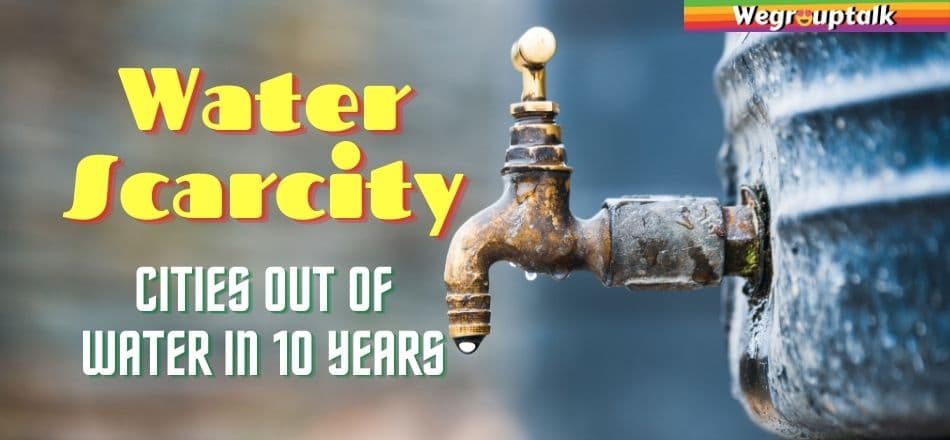Survival on earth dawned in water and is almost unsustainable without water. We all know the importance of water. Do we? We don’t apprehend the meaning of something until it is gone. We can’t neglect water scarcity. We all need to acquire as soon as conceivable that water is “life”, but water scarcity is “monster”.
Water is the reason for giving us lives but let’s not make it an excuse for taking lives. With the present scenario of water pollution and declining groundwater level, we are not far from the time when every one of us will yearn for a single drop of water. In India, the situation is even worse.
There are many areas in India where people have to stand in long lines for hours to get clean drinking water. The way we are using water nowadays, the situation will become even grimmer. Please read the article below to overview the picture of water scarcity approaching us with a breakneck pace.
What is water scarcity?
Water scarcity means a shortage of freshwater or the resources we get freshwater to meet basic human needs. With a population of 1.3 billion souls, India will face a significant threat of water crisis.
Water scarcity in India
Water scarcity has already affected a large portion of India, the most affected being the people living in rural areas. They don’t have entree even to sterilize drinking water. In many states of India, people living in slums fight for water. Our freshwater resources are ending. Out of a total of 195 countries globally, India is on 13th position in water stress.
Many large cities in the country are facing a significant water crisis. Chennai is on top followed by Delhi, Agra, Lucknow and Banglore. In 2019 all the reservoirs in Chennai had run out of water. There was no water to be furnished to any part of the city. It was what most people regarded as “day zero”. Day zero means when all taps have run out of water, and there was no time to save water as there was no water.
We have seen this best teaser of the film directed and produced by nobody else but by humans. We need to be awake as early as possible and save water and pass on this legacy of using water freely as we do to our future generations. In this ongoing pandemic of covid, we all have seen water’s importance by washing our hands, vegetables, fruits, and clothes.
Washing everything with water was a precondition in every situation. What about people who don’t have access to water as we do. We need to think!
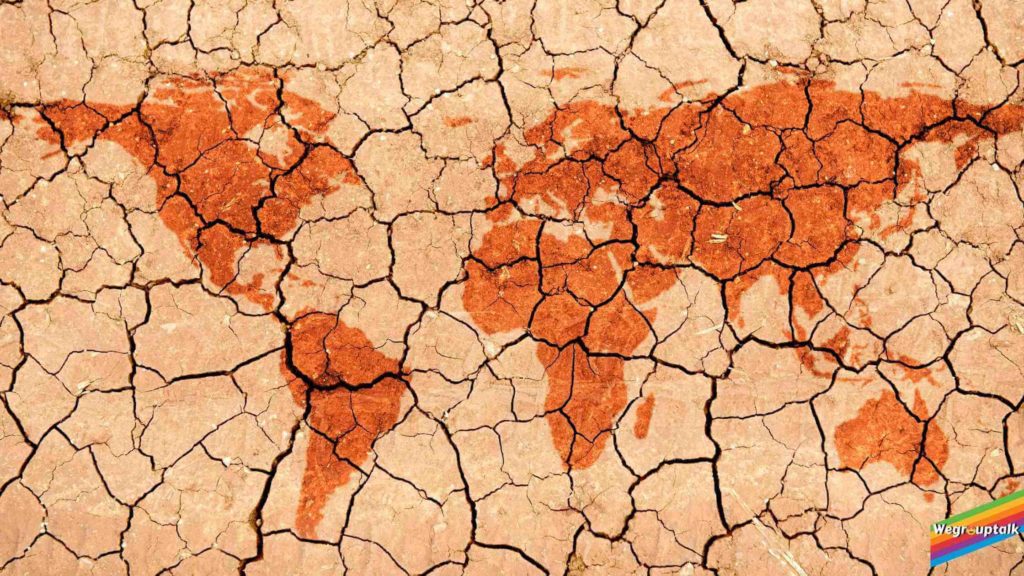
CAUSES OF WATER SCARCITY IN INDIA
1. Inefficient irrigation practices in agriculture in many states
The significant population of India is involved in the agricultural sector. All the people living in rural areas take agriculture as a means of earning a livelihood. Many of them follow traditional irrigation practices which lead to excess loss of water. They don’t follow sprinkler or drip irrigation but other methods like flood irrigation, leading to wastage of water. Due to this reason, the groundwater level is declining.
From total freshwater available in the country, agriculture consumes around 78 per cent. Many water gobbling crops like paddy, rice and sugarcane are grown in India on a large scale. According to many scientific studies, in many states like Punjab, Haryana and Rajasthan, the water table’s depletion is due to unsustainable irrigation practices. In many states, the water used for irrigating fields is drawn from a groundwater source. Many farmers nowadays have shifted to High yielding variety (HYV) seeds to increase productivity.
These crops do increase productivity but at the cost depletion of groundwater. HYV sources consume a large amount of water as compared to the traditional variety. According to Fifth Minor irrigation census, the groundwater level in India declined by 61 per cent. The total water drawn out from ground 89 per cent was used in irrigating crops. With the exhausting water table, farmers have no option but to deepen their wells.
We are not are far from the day wham there will be no water to give to crops, no crops mean no food. What will we do in that situation? Is it true; restraint is better than cure? Here we can only take one prevention, which is to save water or use it efficiently. We also need to make our farmers also understand this and adopt other irrigation methods that use less water. Water is essential in almost every step from the crop being grown, to its use in cooking. We need to wake up and realize its importance and real worth.
2. Urbanization
Most freshwater is available on earth in the form of aquifers stored in the ground. We need to understand the effect of increasing urbanization on our groundwater. Urbanization can affect the quality of groundwater in many ways. It has affected the hydrological cycle. The increased soil sealing, water shortage due to increased consumption, and last but not least, discharge of untreated sewage water or polluted water have led to large-scale depletion of the groundwater table.
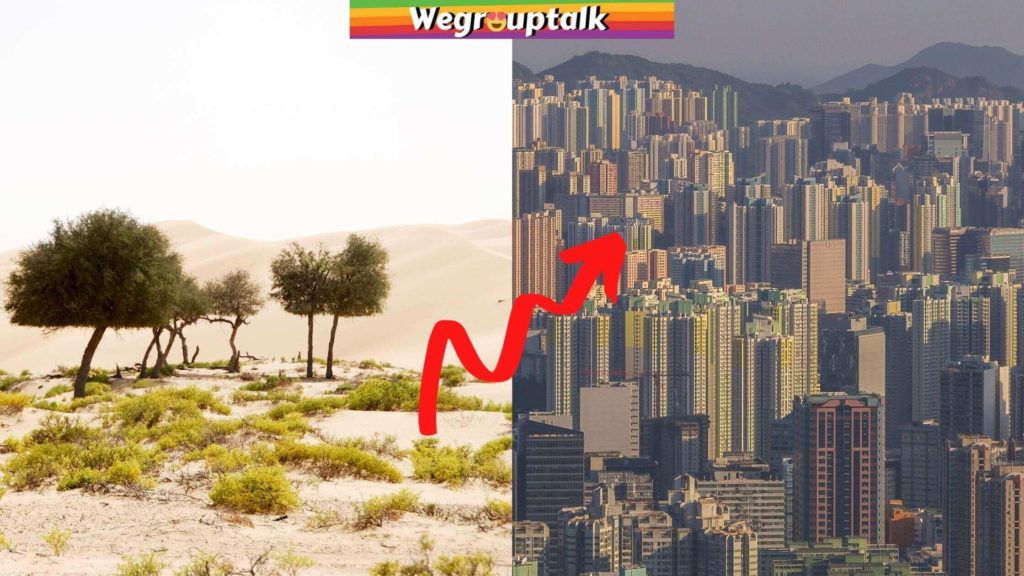
In developing countries, urbanization causes environmental degradation. Untreated water is being discharged into water bodies which pollute the water and cause several viral diseases. Due to all these reasons, the groundwater is contaminated, and its quality is affected. Groundwater gets affected due to sealing of ground with concrete or leakage from drainages in cities. The sealing effect prevents natural recharge from precipitation which further disturbs the hydrological cycle.
The contamination of groundwater by we humans can lead to an abandonment of wells. On top of it, people go for groundwater abstraction, which leads to its depletion. We need to understand the intensity of water scarcity. We should not leave a single factor unseen, which leads to its lack.
3. Climate change which leads to erratic rainfalls
Now let’s look at how climate is affecting the downpours. It is rightly said to every action there is an equal and opposite reaction. We are disturbing the environment with our modern lifestyle. In turn, the climate is affecting our rainfall patterns which are leading to water scarcity. Climatic changes are occurring at a breakneck pace because of us.
We disturb nature and then take its revenge due to climatic changes resulting from the depletion of natural resources. India’s rainfall patterns are altering. The primary cause of all of this is global warming about which many of us know very well. In a nutshell, all this leads to a rapid decline in ponds, rivers, oceans etc. it also affects our farmers and their crops.
This can also pave the way for drought, and you must have seen its contribution to water scarcity.
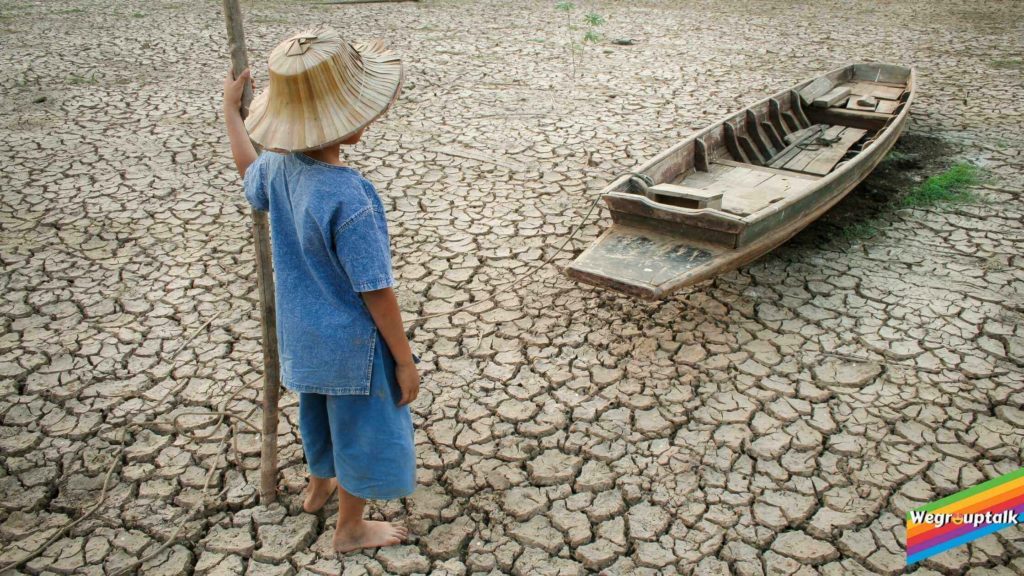
4. Water pollution which contaminates water
We have seen how water is scarce due to a lack of fresh water. Still, we are making the situation even worse by contaminating resources that provide us with fresh water. The water resources leftover we degrade or pollute by discharging untreated sewage and industrial wastes.
The industries discharge harmful chemicals, pollutants into water bodies, or these chemicals can leach into underground aquifers. Pesticides and chemical fertilizers can also go down deep into the ground and pollute it. The water table, which is declining gets aid by becoming polluted because of us.
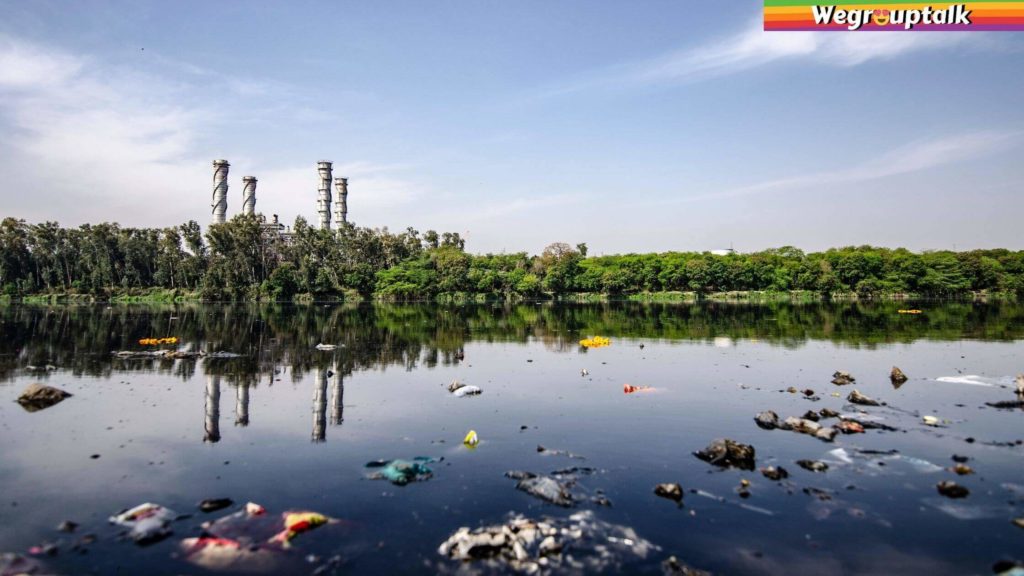
5. Population growth
Our population’s pace is increasing we are not far from the day when India will leave with no resources not only water nut many other things. Our population is rising at an alarming rate, so is the demand for resources and water is one of them. Water is the basic human need.
We need to think about it we are becoming or approaching number onein the whole world in terms of population. Still, in times of water stress, we are in 13th position. We will soon also approach number 1 in the whole world in terms of water-stressed countries if we will not pay attention to this big water scarcity problem.

We have seen all the causes of water scarcity above. In almost all reasons the finger is pointing towards us, we need to think about it as individuals and as one nation. As an individual, we should also start telling people how intense this problem is and its consequences in the future.
Our coming generations also deserve the same kind of nature and resources that we had. It’s our responsibility to pass it on to them. Now let’s see some ways by which we can tackle this problem of water scarcity or the preventions that we can take.
SOLUTIONS FOR WATER SCARCITY
Farmers in India require to be made conscious of the irrigation practices and their effect on our environment and water resources. We need to teach our farmers about modern irrigation practices like sprinkler and drip irrigation. These methods conserve a large amount of water as compared to the processes that farmers use.
It is the accountability of every self to indoctrinate the farmers about this. We have to learn about these new methods and technologies. Our farmers need to incorporate these new methods in their agricultural practices. Farmers should drop the excess usage of pesticides and chemical fertilizers. These can seep deep down into the ground and contaminate the groundwater.
2. Recycling of water
We all are well aware of rainwater harvesting, but being just familiar or known is not the solution. We have to start rainwater harvesting our houses only. The water used in our homes can be recycled efficiently. For example, the water we are using for cleaning utensils can be given to plants or the water we use to take a bath. We all need to learn lessons from our ancestors about how they used to save water or use it inefficiently.
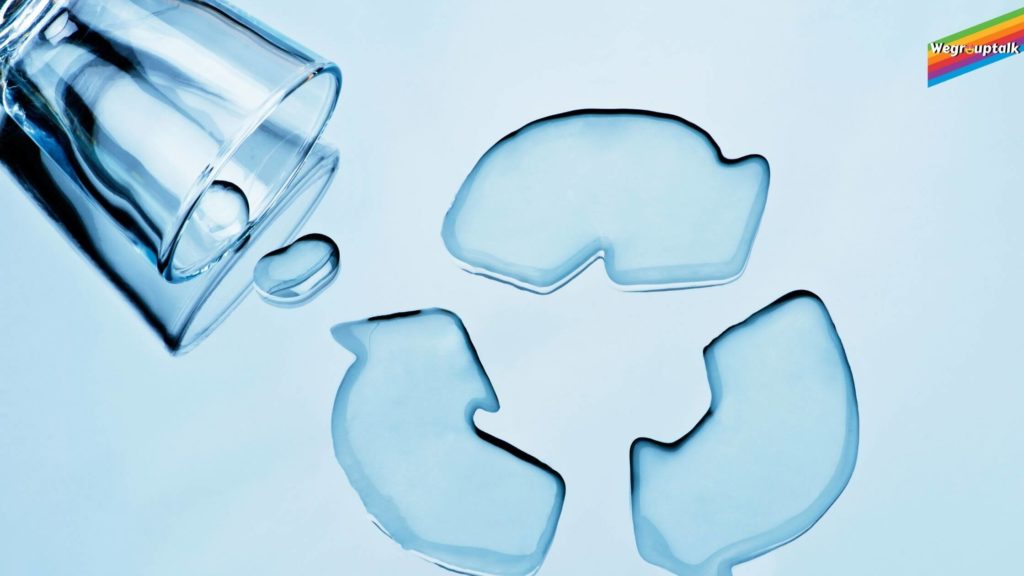
4. Controlling water pollution
Our government should make strict rules regarding the discharge of industrial chemicals and untreated sewage into water bodies. We all, as citizens of this nation, have some responsibility. We should also not pollute water by throwing plastics or garbage into the water and stop others from doing the same. Water that is contaminated becomes unfit for use, and it leads to scarcity of water. Otherwise, in the future {21st century}, the wars will be fought over water.
5. Education about sustainable management of water
Sustainable water management means using the water in the present, keeping in view future generations’ needs. We need to use water efficiently and smartly. Instead of a shower, we should use a bucket, turn off the unnecessarily opened tap, give water to plants in an efficient way, or any other steps that we can take as individuals. Somebody has to think about it if we will have the same approach that somebody else will do it. It will become intricate for all of us to make a difference.
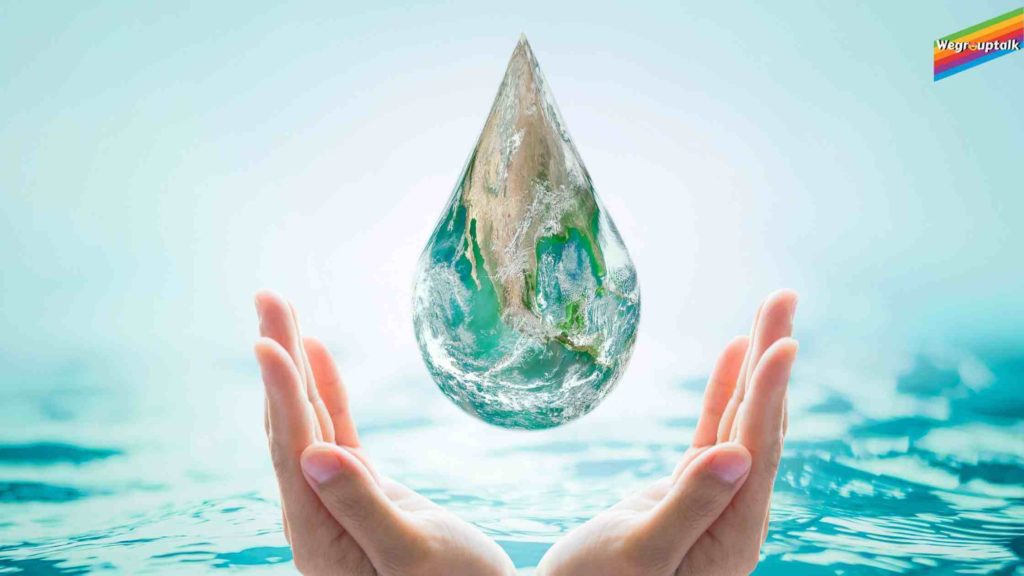
As we have come across the causes and solution of water scarcity, it is our responsibility to understand the whole situation and protect our nation from this monster of water scarcity. We have significantly less time, and the task is enormous. Still, suppose every citizen of India put an even little contribution. In that case, we can as a nation fight water scarcity and pass with flying colors. Our pocket is full of a wealth of water. We have to stitch that torn-off part to save our wealth.
Follow us on FACEBOOK, INSTAGRAM and TWITTER to stay connected.
ALSO READ- Green Revolution and its pros and cones

